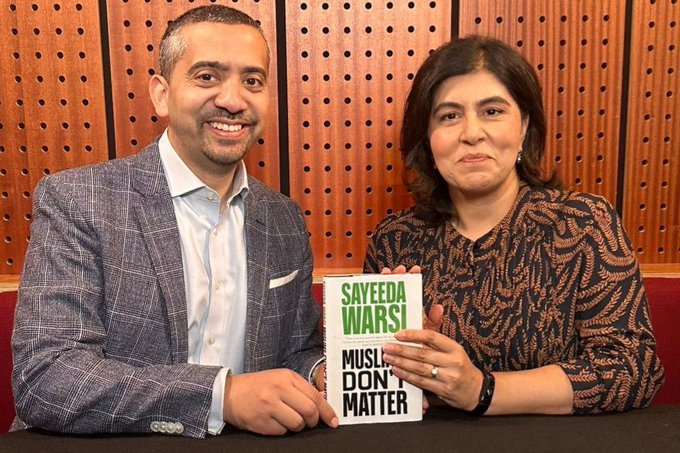Ursula von der Leyen Consolidates Power
What this teaches us about the push for single global government
Suppose you want to glimpse the political future that the globalist movement seeks to impose on the Western world. In that case, you should pay attention to current developments in the European Union, particularly the European Council- the appointed body that administratively manages the EU. Most think the European Union is an alliance between independent Westphalian nation-states that have banded together to form a trade partnership sharing a common currency. This certainly was the original justification (or marketing) for this political structure. But not the current reality.
The fact is that the organizational, administrative and political structure of the EU has evolved to yield a privileged political caste, based in Brussels, Belgium, which exerts unilateral political and financial authority over the formerly autonomous member nation-states. Of course, this process has developed under the careful guidance and watchful hidden influence of the United States and NATO. As currently structured, Western Europe under the EU is more akin to the federal structure of the United States, but with a weaker central constitution and body of law (routinely disregarded) and less autonomy for each member state. Yes, there is the election of Members of Parliament of the European Union by the citizens of each state, but those MP have little of no actual power. Power is concentrated entirely in the European Council's central authority and its President, Ursula Von der Leyen- all of whom are appointed rather than elected. And, as recently covered by both Politico and Unherd, although the center-right populist movements of Europe, including France, Italy, Germany and other countries have made great gains in the recent EU parliamentary elections, their growing power was not sufficient to disrupt the reappointment of Ursula Von der Leyen as President of the EU. Unsurprisingly, upon reappointment, Von der Leyen swiftly moved to consolidate power by controlling the appointments to the European Council, which is the structure that actually makes EU policy and has the power to override any local decisions by the formerly sovereign legislatures of member states. To the surprise of virtually no one paying attention to what has been happening in the EU.
Please continue reading from 'Who is Robert Malone' at:
Key references for further reading include the following:
======================================================================




No comments:
Post a Comment